The University of Languages and International Studies (Vietnam National University, Hanoi) has just officially established the Faculty of Vietnamese and Southeast Asian Languages and Cultures and plans to enroll students in the Vietnamese Language and Culture major. This is one of the university's key tasks in spreading Vietnamese language and culture to the world.
The Faculty of Vietnamese and Southeast Asian Languages and Cultures was established on the basis of merging the Department of Vietnamese Language and Culture and the Department of Southeast Asian Language and Cultures. Every year, hundreds of students from countries such as England, France, America, Sweden, Germany, Korea, Japan, China... study here.
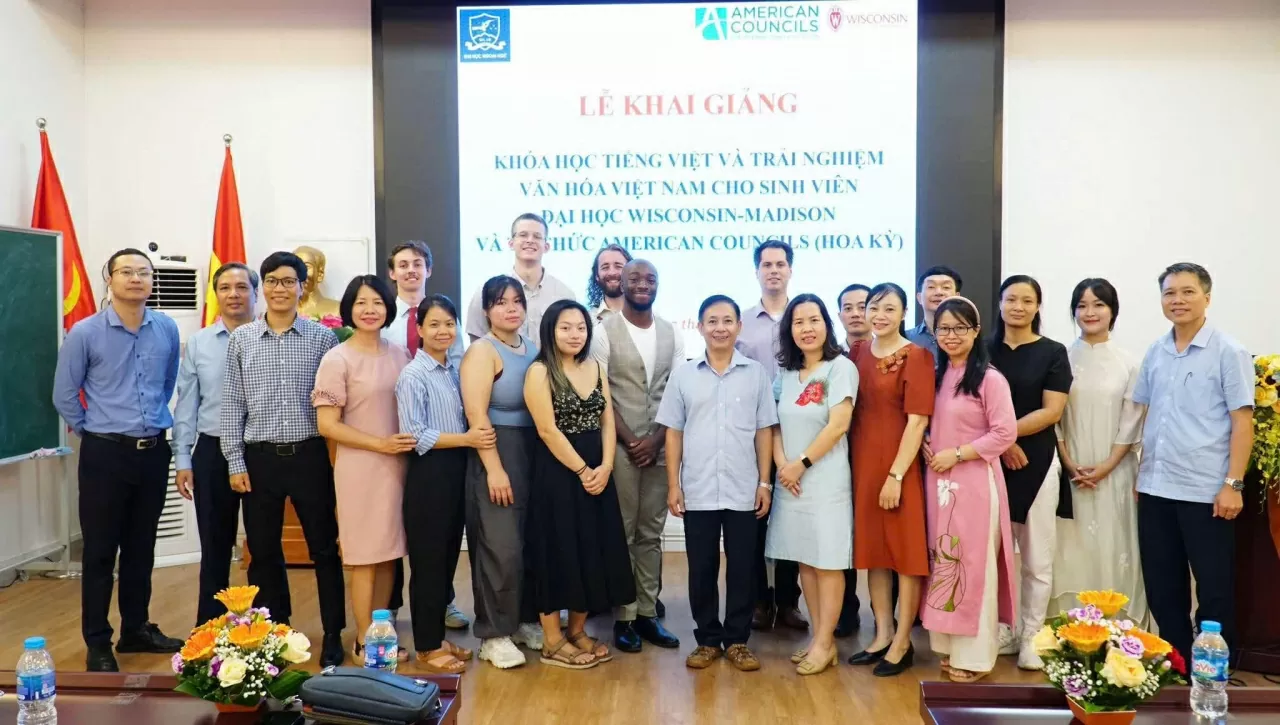 |
| In the context of increasingly deep globalization, language is not only a means of communication but also a cultural bridge, connecting nations. (Photo: NVCC) |
During the process of construction and development, the Faculty has always fulfilled its training requirements, contributing to introducing and promoting Vietnamese language, culture, country and people to international friends through language.
Over the years, the Faculty has regularly organized and taught Vietnamese language courses for foreign students, employees of foreign companies, and foreigners working and living in Vietnam.
Specifically: Organizing university preparatory courses for Lao students, officials of the Lao and Cambodian National Assembly Offices; Organizing short-term Vietnamese language and culture courses for volunteers of JICA, Japan; Participating in teaching Vietnamese language and culture to police officers from Japan, China, Korea, Laos, Czech Republic, Russia, Malaysia, Singapore, Cambodia, etc.; Participating in teaching Vietnamese to students majoring in Vietnamese at Guangxi University for Nationalities, Chengchi University, Taiwan (China), Beijing University of Foreign Languages No. 2 (China) and students from other universities in the world such as Keimyung University (Korea), University of Wisconsin-Madison and American Councils (USA).
In particular, Khoa has participated as a professional consultant and teacher training for the school's Vietnamese language teaching program for overseas Vietnamese children in the UK and Japan.
Dr. Tran Huu Tri, Head of the Faculty of Vietnamese and Southeast Asian Languages and Cultures, said that the undergraduate training program in Vietnamese Language and Culture (major in Teaching Vietnamese as a Foreign Language) is expected to enroll students from 2025 for Vietnamese, foreigners and overseas Vietnamese.
Students majoring in this major not only expand their knowledge of Vietnamese language and culture, Vietnamese teaching methods, but also learn one of four foreign languages: English, Chinese, Japanese, and Korean.
In addition, students can also participate in annual activities such as the Vietnamese New Year program, visit and learn about historical and cultural relics at the Vietnam Ethnic Culture and Tourism Village, Duong Lam ancient village, Bat Trang pottery village and some other famous places and relics to improve their communication skills, understanding of Vietnamese culture, country and people. From there, helping learners to adapt to the multicultural and constantly changing working environment of today's world.
According to Dr. Tran Huu Tri, in the context of increasingly deep globalization, language is not only a means of communication but also a cultural bridge, connecting nations.
The opening of the Vietnamese Language and Culture major (Major in Teaching Vietnamese as a Foreign Language) at the University of Foreign Languages, Vietnam National University, Hanoi not only meets the learning and research needs of domestic and international students but is also a big step forward in affirming the position of Vietnamese language and culture on the global knowledge map.
Dr. Tran Huu Tri shared: “We are proud that Vietnamese - with a history of formation and development of thousands of years - is not only the national language but also a symbol of the will, identity and solidarity of the Vietnamese people.
Now, with the establishment of the Vietnamese Language and Culture major, we have more opportunities to introduce these precious values to the international community, while contributing to preserving and promoting the cultural identity of Southeast Asia - a region diverse and rich in language and culture.
Some outstanding experiential activities of students learning Vietnamese language and culture:
 |
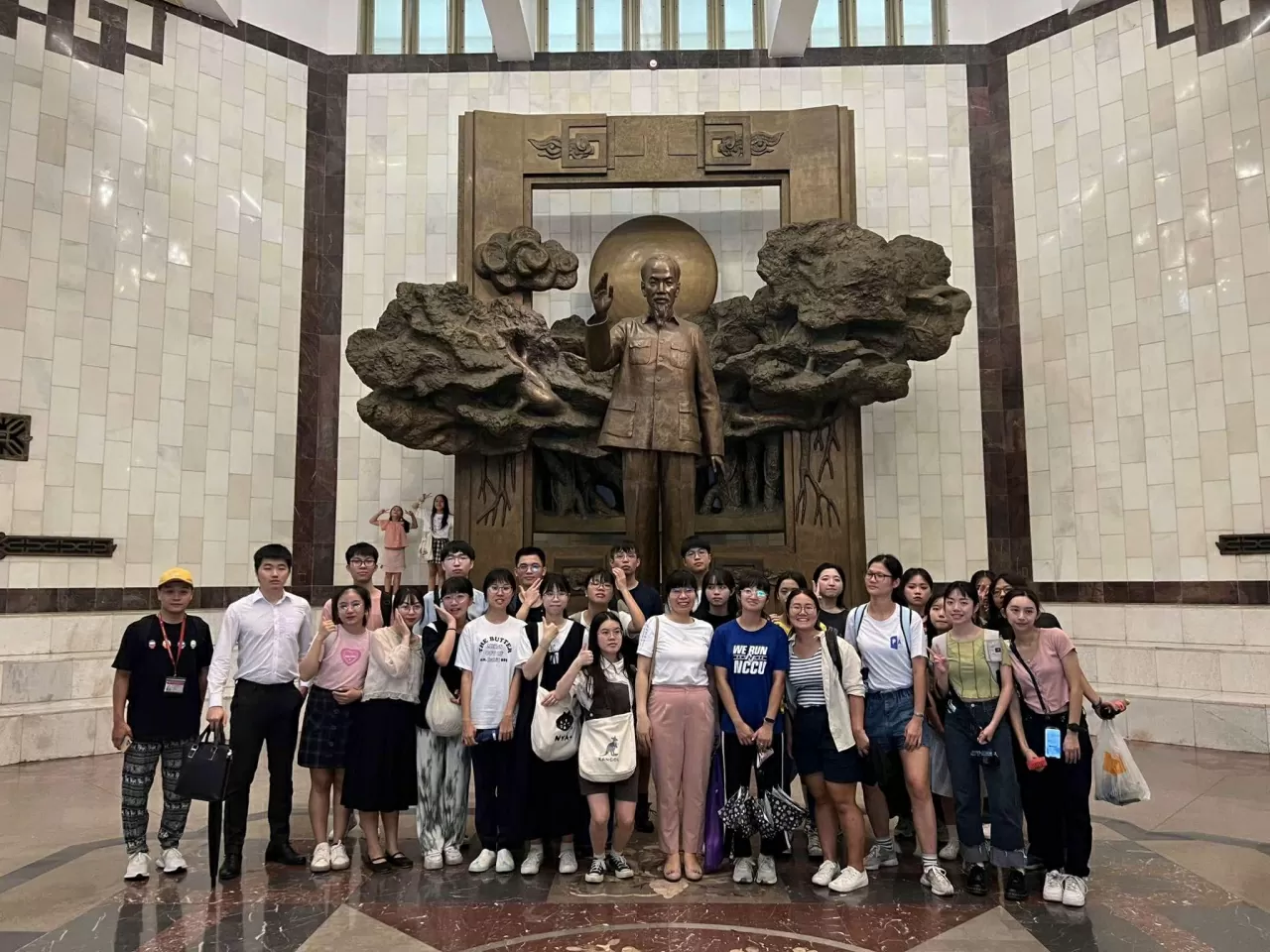 |
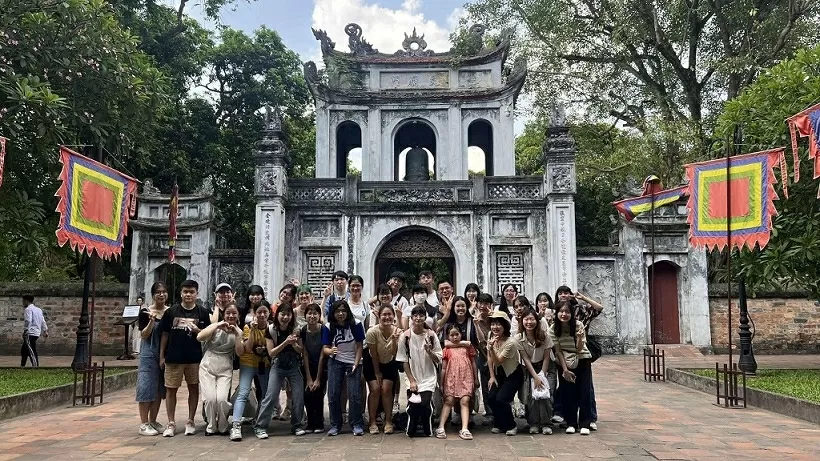 |
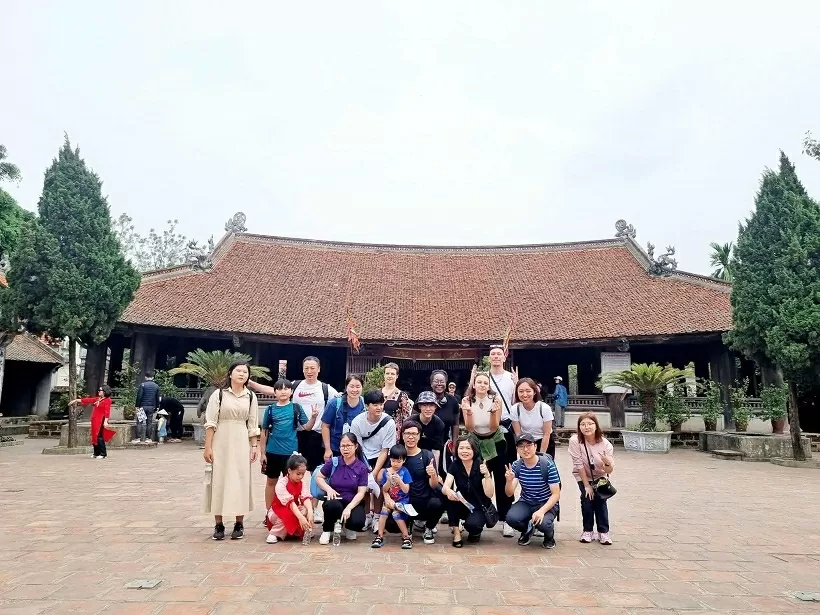 |
Source: https://baoquocte.vn/lan-toa-tieng-viet-va-van-hoa-viet-nam-ra-the-gioi-302914.html


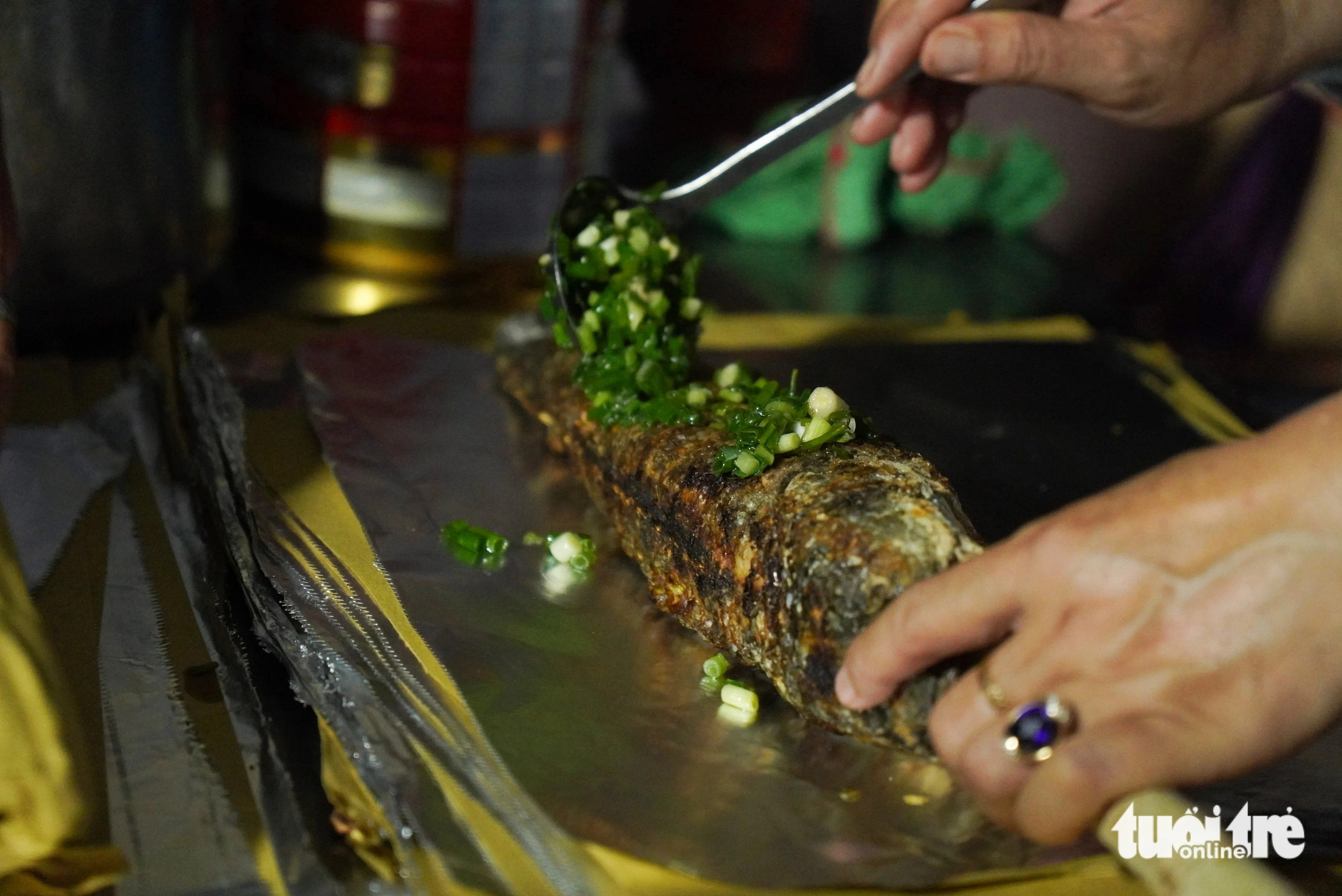



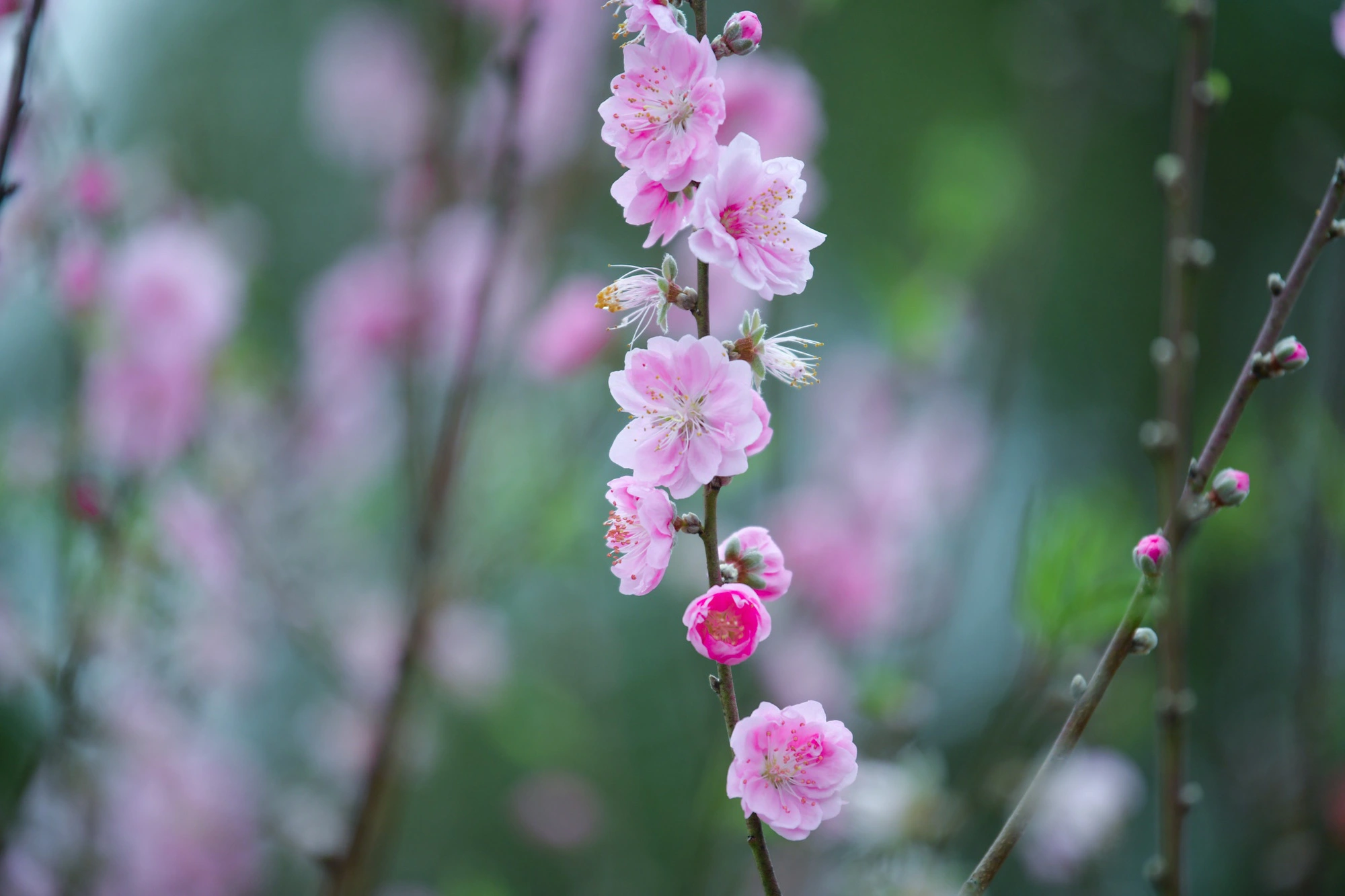























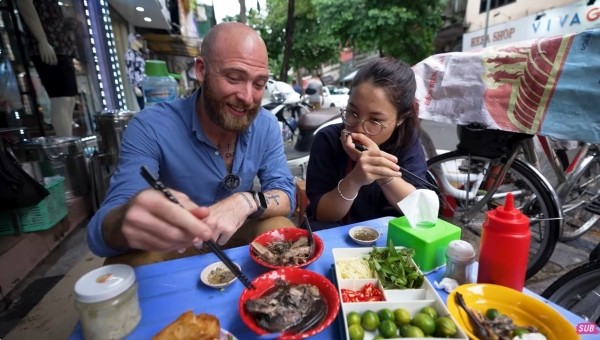
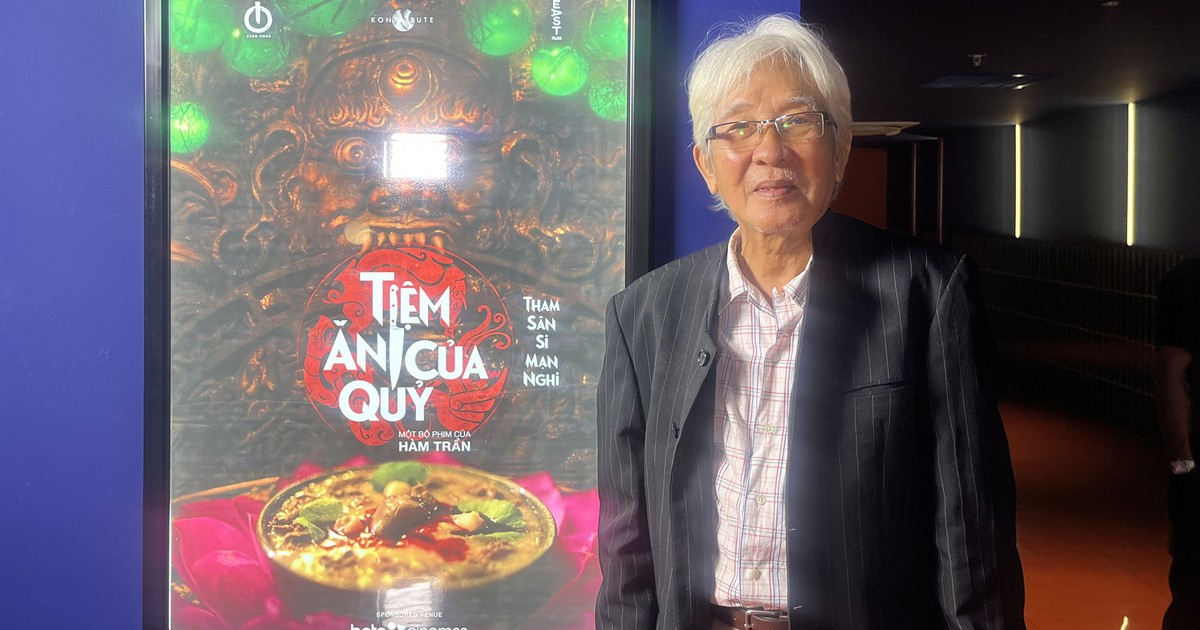

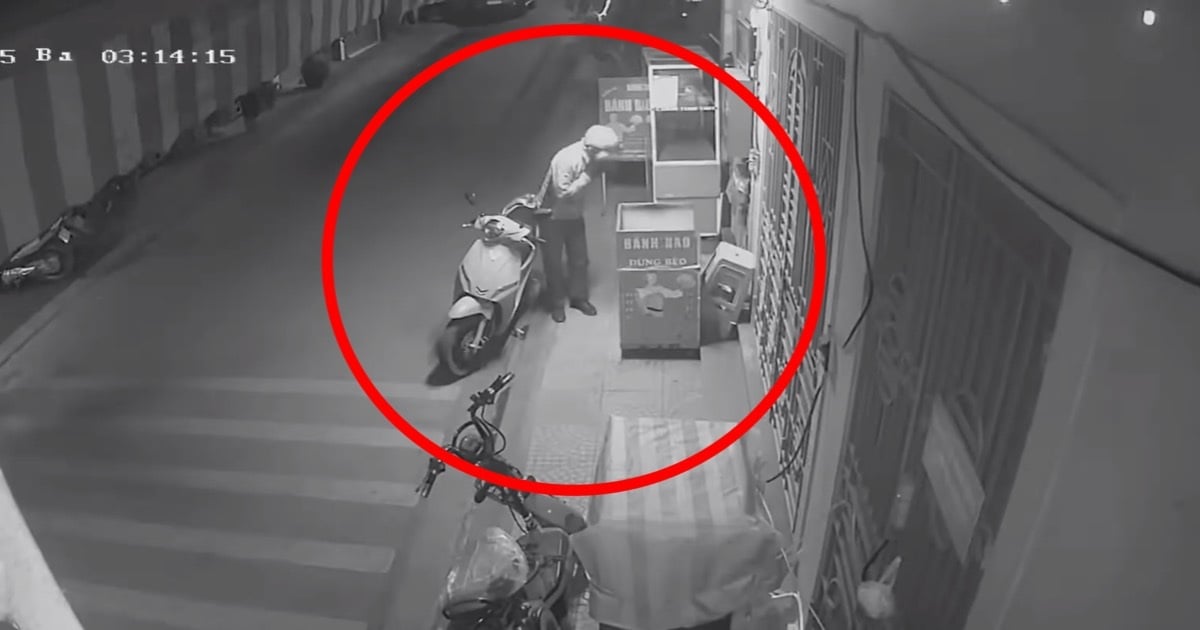

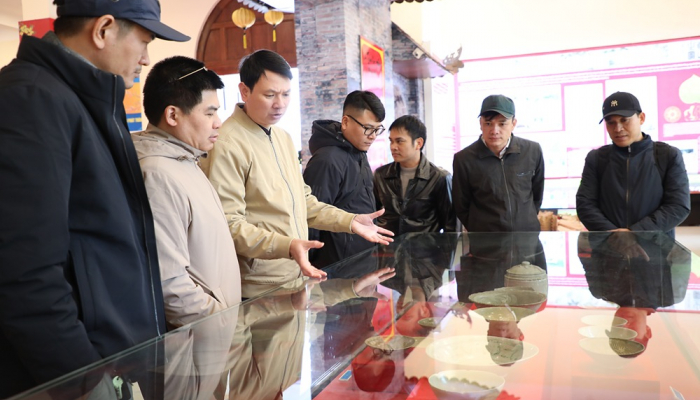

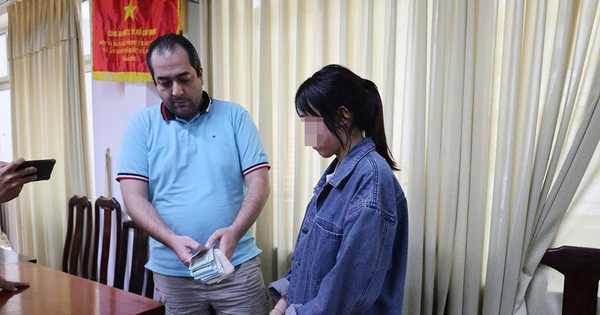

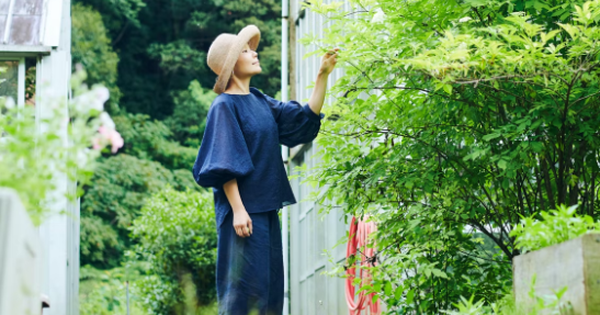

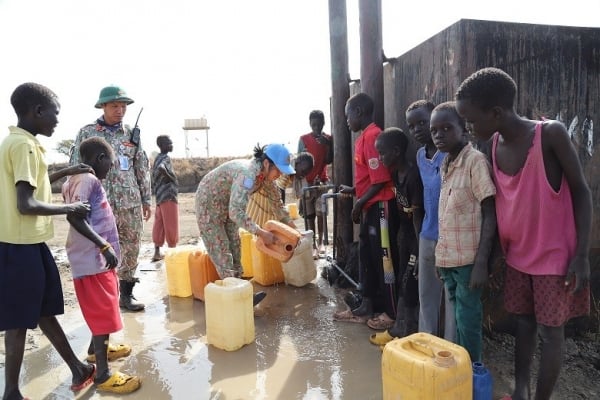
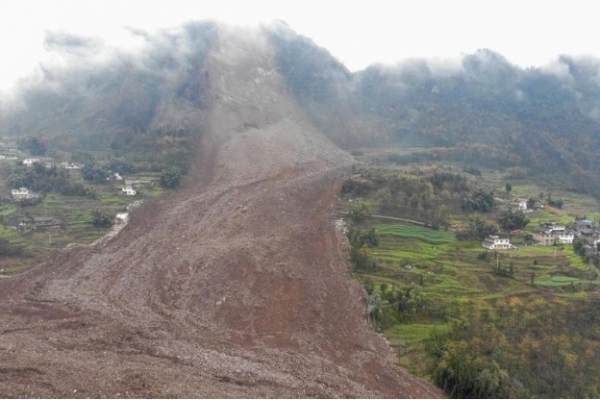
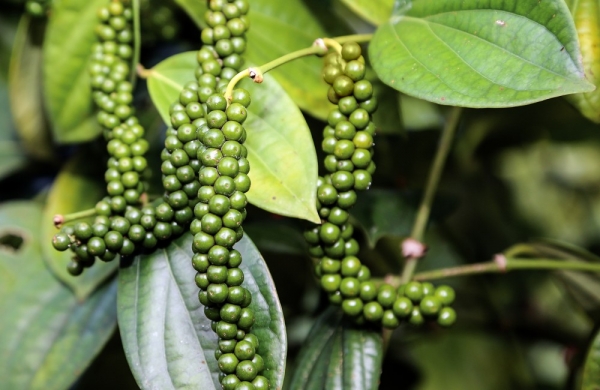

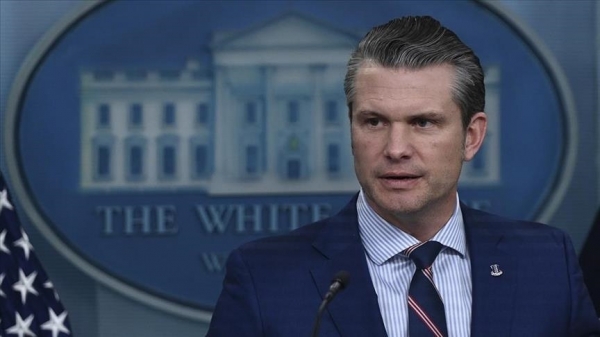
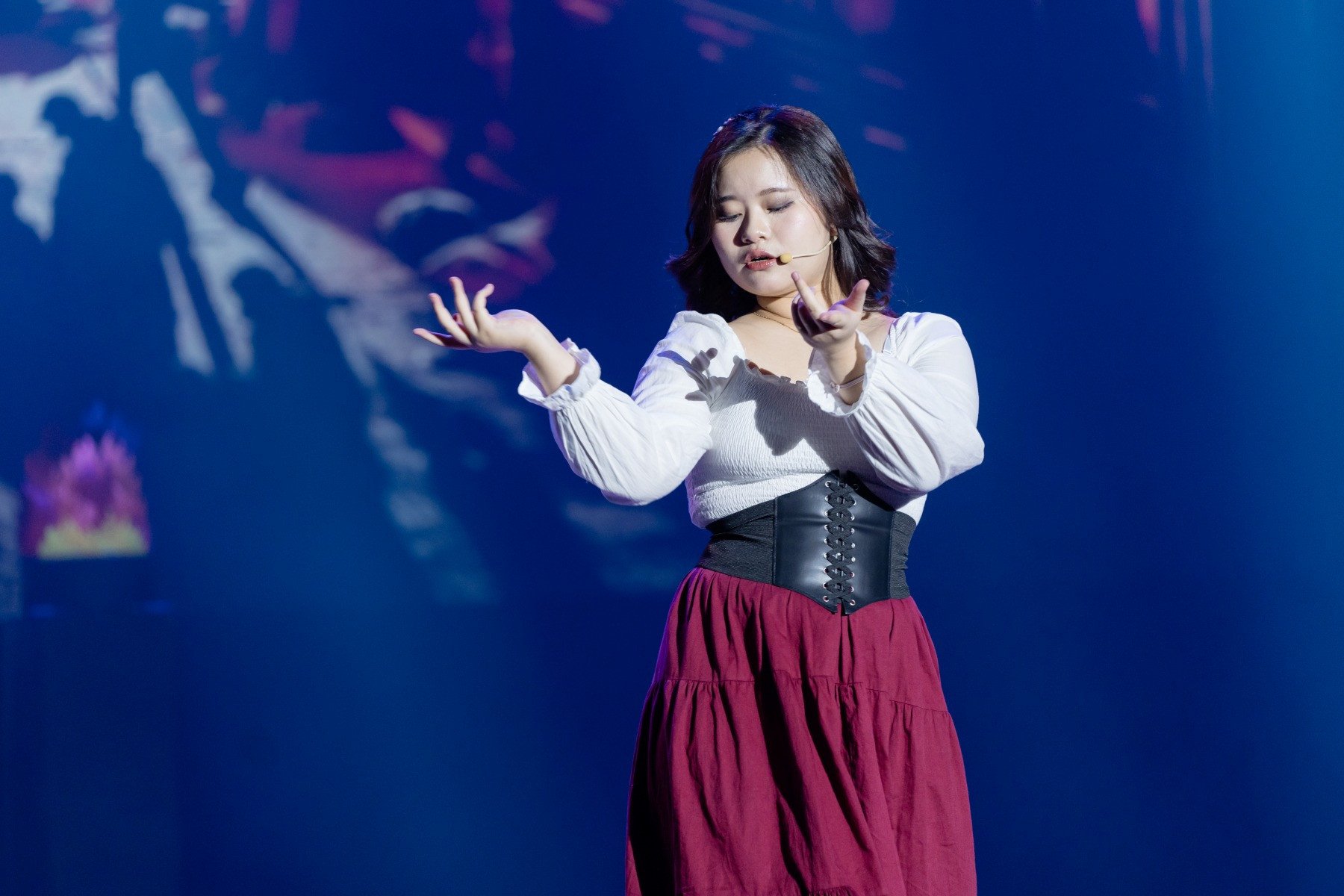

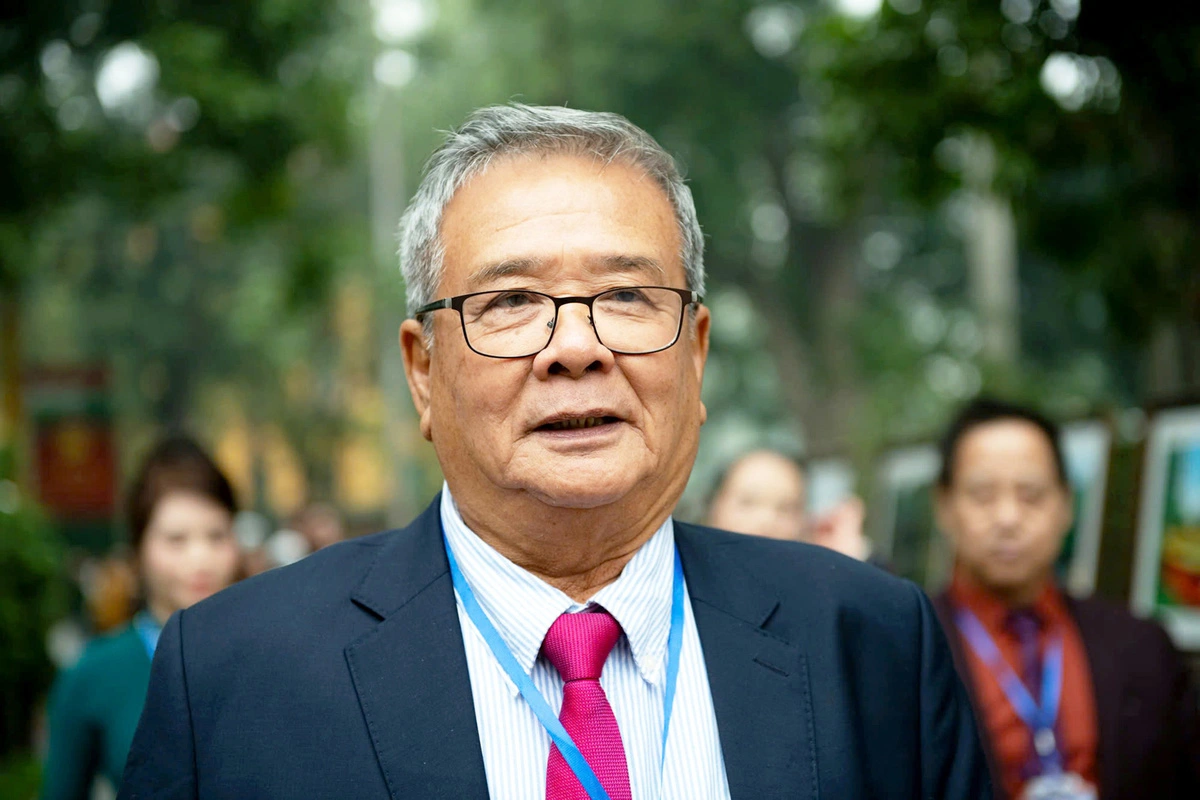

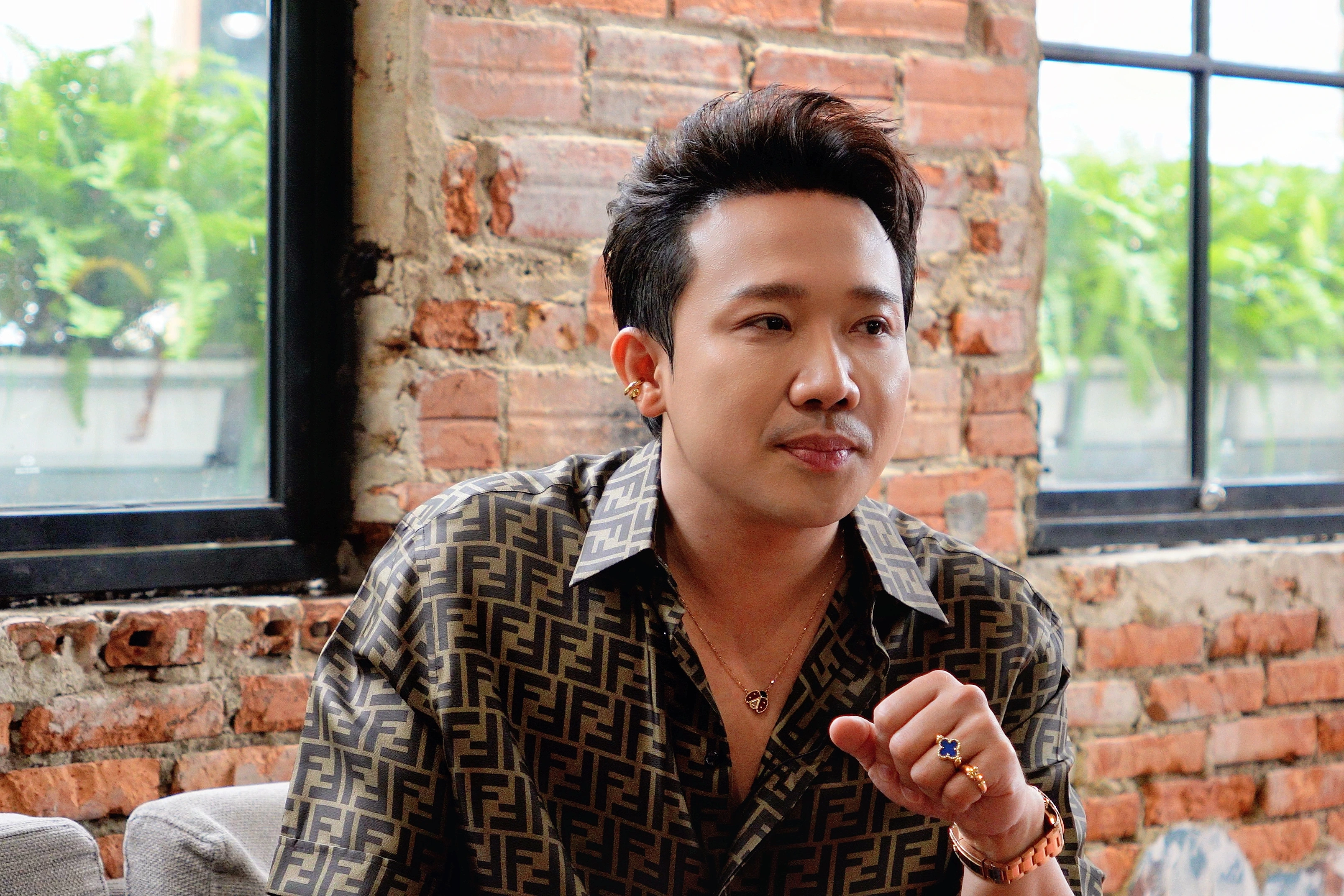

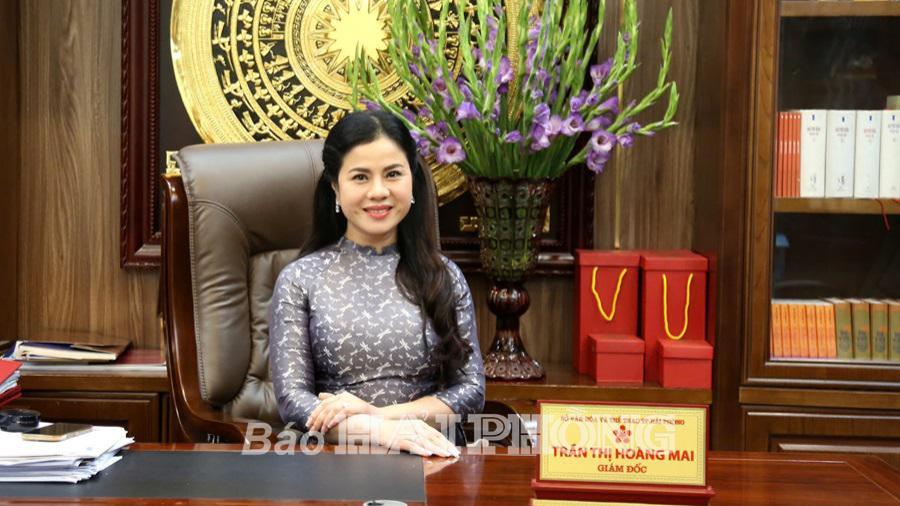

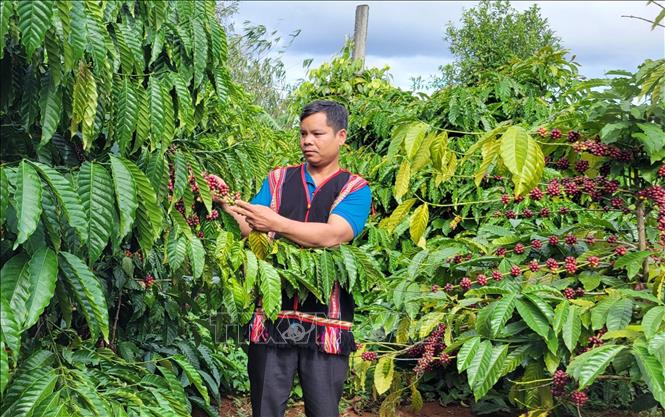





Comment (0)